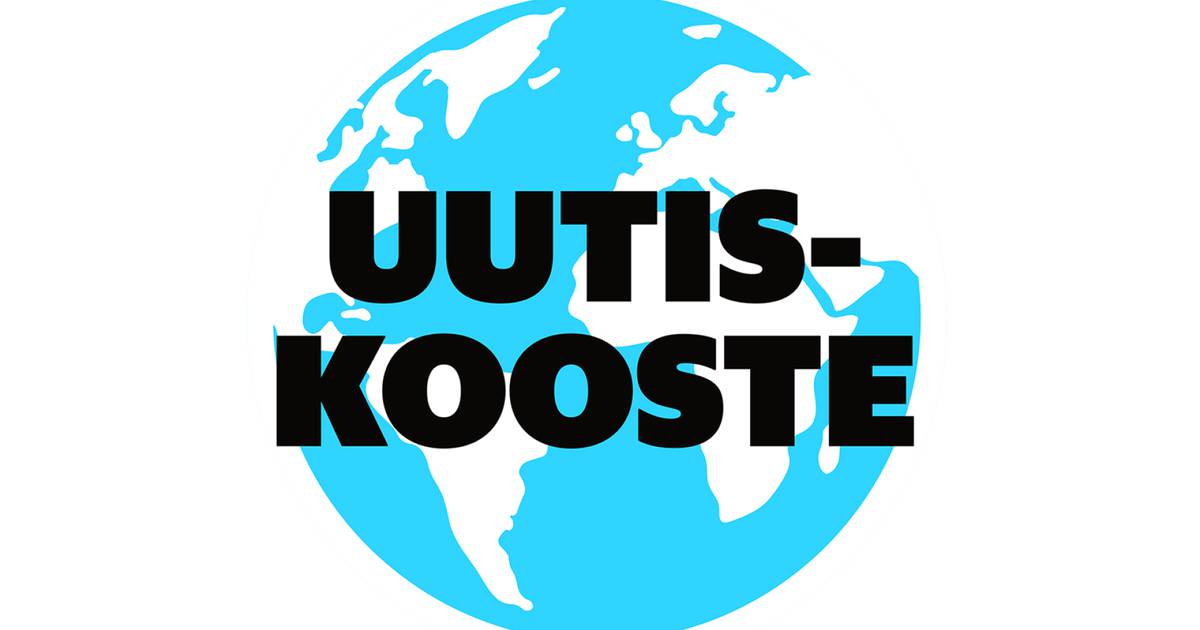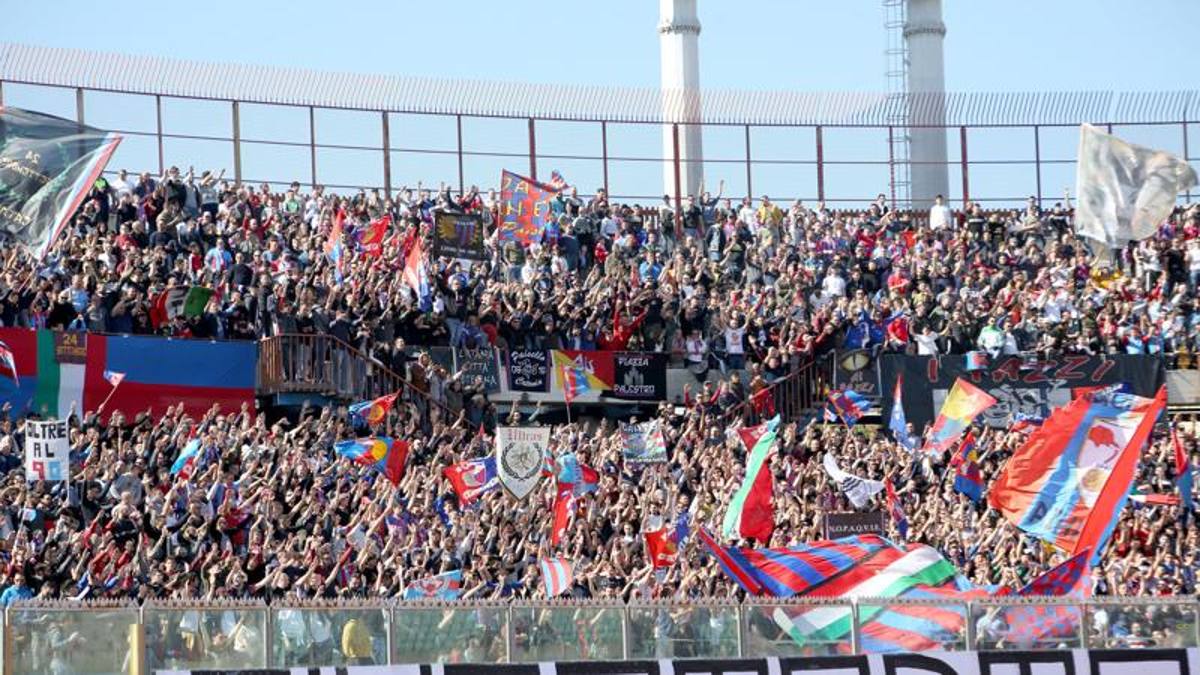“What started as solvable physical damage to buildings, resulted in frustration, insecurity, impotence and mental damage.” With these words, Tom van der Lee (GroenLinks), chairman of the parliamentary inquiry into gas extraction in Groningen, which starts this Monday, set the tone during the first press briefing last Wednesday. “It is high time to uncover the truth about this important and complex gas dossier.”
The parliamentary inquiry is the most serious means of investigation that the House of Representatives has at its disposal. The committee, consisting of seven members of the House of Representatives, can request secret documents and hear witnesses under oath. Anyone called up is required to appear. In sixty years, the Netherlands earned more than 400 billion euros from the gas, but in recent years earthquakes have led to “deep scars in people’s lives”, according to Van der Lee.
The hearings are only the visible part of the parliamentary inquiry. The committee has been working since February last year. She has hired a support staff of sixteen people, claimed six hundred thousand documents from 47 authorities, attended 22 ‘technical briefings’ with experts, made a handful of visits to Groningen, held kitchen table discussions with 35 victims and interviewed 124 people behind closed doors.
The committee wants to find out what the contracts between gas extractors Shell, ExxonMobil (who collaborated in the Nederlandse Aardolie Maatschappij – NAM) and the government looked like, how the claims settlement and reinforcement of houses took place at crucial moments, which interests and considerations played a role in decision-making. , and how the interests of Groningers were dealt with.
Residents speak
In the interrogations, which will be held almost daily, about seventy people will be questioned in seven weeks, including Groningen victims, experts, civil servants, administrators and former ministers. The first week serves as an introduction: the committee wants to show what gas extraction has meant for the Netherlands and how complex it is technically and organisationally. But also – and above all – “how disruptive its consequences can be,” said Van der Lee.
That is why the survey starts with two residents. First, Herman de Muinck has the floor, who in 1959, as a 10-year-old boy, was present at the first gas drilling on the land of farmer Boon in Kolham. The committee then listens to horse farmer Sijbrand Nijhoff, whose farm was extensively damaged by the earthquakes. For its recognition, he had to litigate for years against NAM and the state. After five years, he finally settled with NAM.
Also read: How a Groningen horse farmer and his wife exposed the government
In the following days, it is the turn of scientists who have researched the link between gas extraction and earthquakes, and the relationship between NAM, Shell and the Ministry of Economic Affairs is explored in greater depth. Leading figures who will be questioned in this first week are Annemarie Jorritsma (VVD), former Minister of Economic Affairs in the Kok II cabinet, and Pieter Dekker, former Vice President of Shell. The week closes with people who can indicate the mental damage of the people of Groningen.
The committee takes a break after the first week, because of the summer recess, and starts again at the end of August. Then, all topics that were briefly discussed in the first week will be discussed in more detail. The committee wants to be ready before the autumn recess. After that, the writing of the final report will start, which is scheduled to be presented to the House of Representatives in February 2023.
This parliamentary inquiry has a long political history. The Party for the Animals alone submitted a motion three times since 2015, requesting such a survey, but they did not make it. Before the House of Representatives unanimously endorsed a motion by GroenLinks and PvdA in 2019, the petitioners had to negotiate a lot, especially with the coalition parties VVD, CDA, D66 and ChristenUnie. They agreed that the survey would not be launched until after claims handling and massive home reinforcement had progressed.
:strip_icc()/s3/static.nrc.nl/bvhw/files/2022/06/data87483806-d1fd4e.png|//images.nrc.nl/99MPfeMslGBiVil7wWIRvh3nFX0=/1920x/smart/filters:no_upscale():strip_icc()/s3/static.nrc.nl/bvhw/files/2022/06/data87483806-d1fd4e.png)
But now that the survey has started, the problems in Groningen are far from being solved. Of the 27,000 homes that may need to be reinforced, less than a fifth has been declared safe. Moreover, research by the University of Groningen shows that many residents suffer from psychological complaints.
Geopolitical situation is uncertain
The government has decided to close the gas tap for good in 2023 or 2024. State Secretary Hans Vijlbrief (Mining, D66) confirmed this last Monday. But the geopolitical situation is so uncertain due to the war in Ukraine that the cabinet does not want to give a 100 percent guarantee on the closure of the Groningen field. The committee of inquiry can respond to this, said Van der Lee. In her assignment there is also room to include important current developments.
/s3/static.nrc.nl/bvhw/files/2022/06/data87129262-6ede99.jpg)
Also read: State Secretary Vijlbrief: I will not enter into the discussion about increasing gas production
The question that hangs like a sword of Damocles over the Rutte IV cabinet is whether this survey will lead to the resignation of an entire cabinet again. It would not be the first time that such a thing has happened: the previous cabinet, Rutte III, drew the strongest possible conclusion for itself after the parliamentary investigation into the Allowances affair – and that investigation was only the harbinger of a real inquiry, which is yet to come. .
It is also possible for one minister to take responsibility if the survey shows that predecessors have failed. In this case it would probably be Vijlbrief.
The committee of inquiry is already tempering the expectation that the investigation can restore the confidence of the inhabitants of Groningen in the government. “Not because it would not be desirable,” said chairman Van der Lee, “but from the awareness that trust must be earned. That will require more than just this research.”
#Commission #Inquiry #kicks #residents #Groningen
/s3/static.nrc.nl/bvhw/files/2022/06/data87560994-d523a6.jpg)








